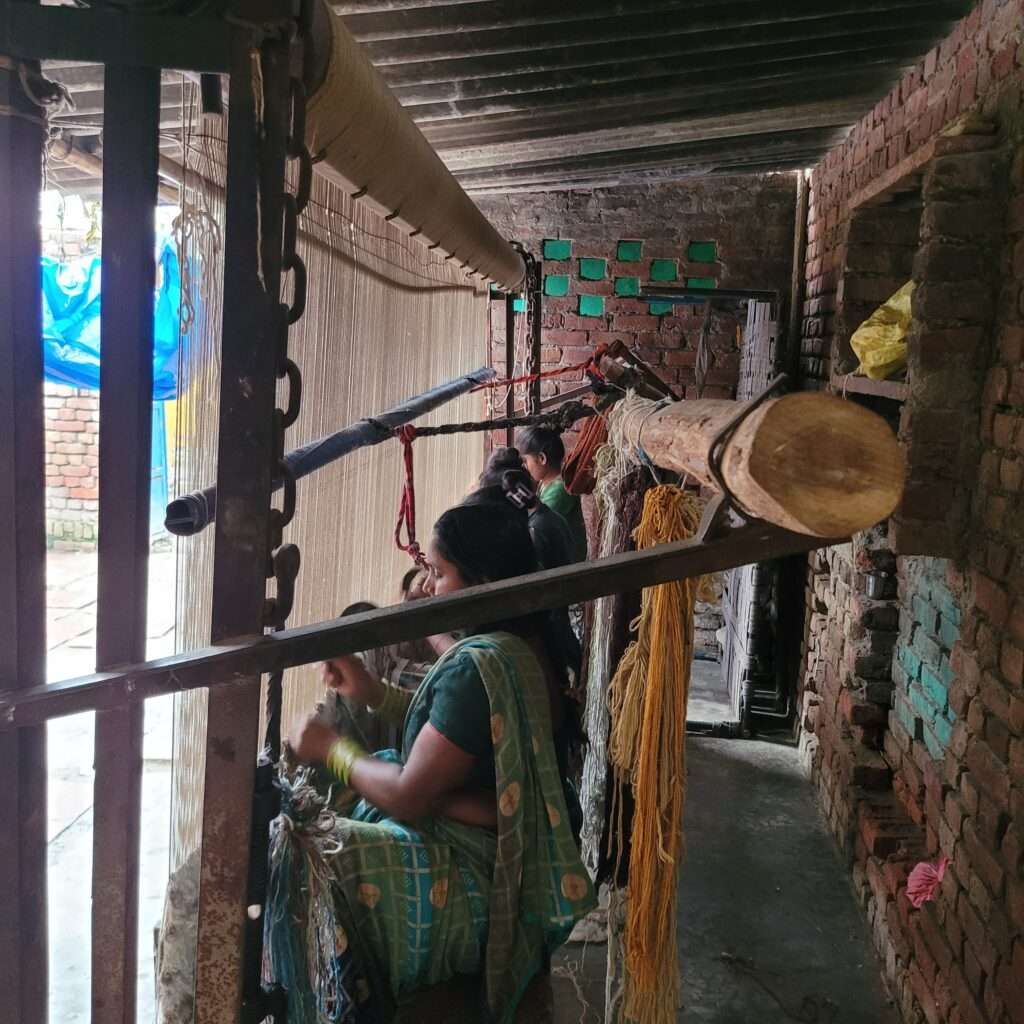Handmade carpets are unique and special due to the combination of factors that contribute to their creation, craftsmanship, and artistic value. Here are some aspects that make handmade carpets truly unique:
- Artisanal Craftsmanship: Handmade carpets are created by skilled artisans who use traditional techniques passed down through generations. Each knot, stitch, and design element is carefully crafted by hand, resulting in a level of detail and precision that is hard to replicate through automated processes.
- Individuality: Every handmade carpet is a unique creation. Even if a design is replicated, variations in color placement, knot tension, and other factors make each piece distinct. No two handmade carpets are exactly the same.
- Time-Intensive Process: Creating a handmade carpet is a labor-intensive endeavor that can take weeks, months, or even years to complete, depending on the size and complexity of the design. The time invested in each piece adds to its uniqueness and value.
- Customization: Skilled weavers can incorporate personalized elements or adjustments into the design based on the buyer’s preferences. This level of customization ensures that each carpet is tailored to the buyer’s taste.
- Cultural Heritage: Handmade carpets often carry the cultural heritage and artistic traditions of the region where they are crafted. The design motifs, color palettes, and techniques used reflect the history and identity of the artisan’s community.
- Natural Materials: Many handmade carpets are crafted from natural materials such as wool, silk, and cotton. These materials not only contribute to the aesthetic appeal of the carpet but also age gracefully and develop character over time.
- Attention to Detail: Skilled artisans pay meticulous attention to every aspect of the carpet, from the selection of fibers and dyes to the weaving process. This attention to detail ensures the quality and longevity of the final product.
- Cultural Narratives: Handmade carpets often feature design motifs that convey cultural narratives, symbolism, and stories. These narratives add depth and meaning to the carpet, making it more than just a decorative item.
- Historical Significance: Handmade carpets can become heirlooms that are passed down through generations. They carry the stories of the people who made them and the eras in which they were created.
- Environmental Impact: Handmade carpets often have a lower environmental impact compared to mass-produced carpets. They are often created using traditional, sustainable methods and natural materials.
- Supporting Artisans: Purchasing handmade carpets supports local artisans and communities, helping to preserve traditional craftsmanship and cultural heritage.
- Investment Value: Unique handmade carpets can appreciate in value over time, especially if they are created by renowned artisans or come from specific regions with strong weaving traditions.
In summary, the combination of artistic expression, artisanal skill, cultural heritage, and the time-intensive process involved in creating handmade carpets contributes to their uniqueness and enduring appeal. Each handmade carpet is a testament to human creativity and the preservation of cultural traditions.
